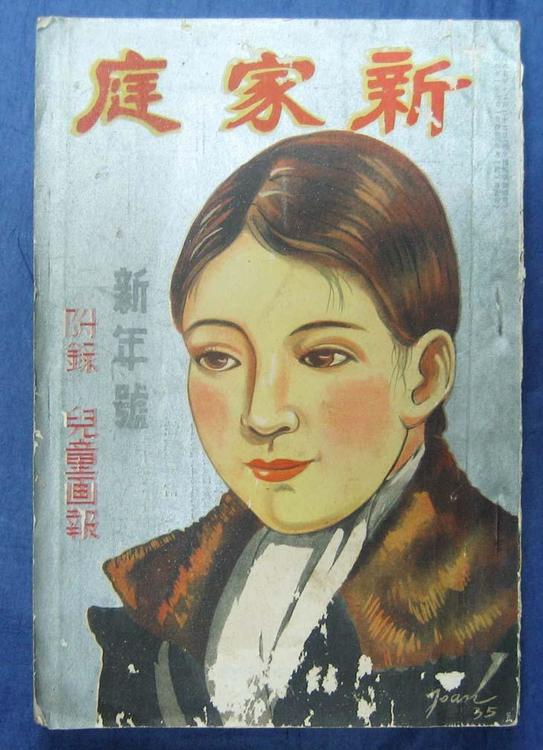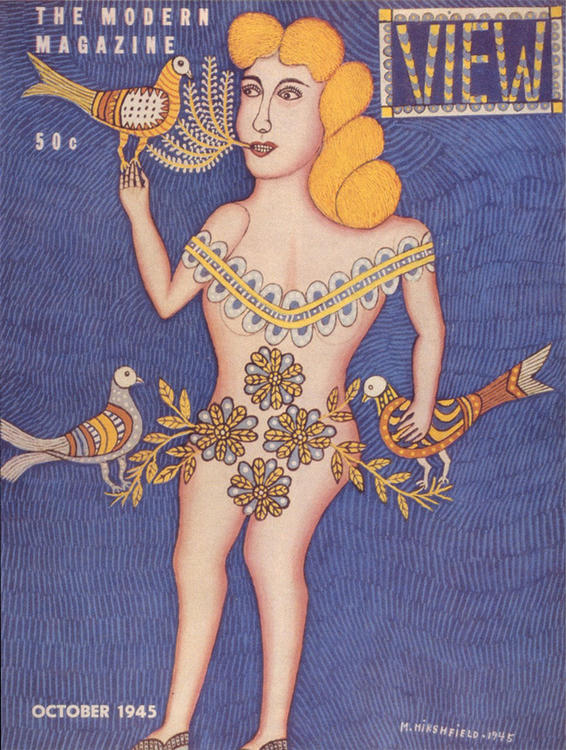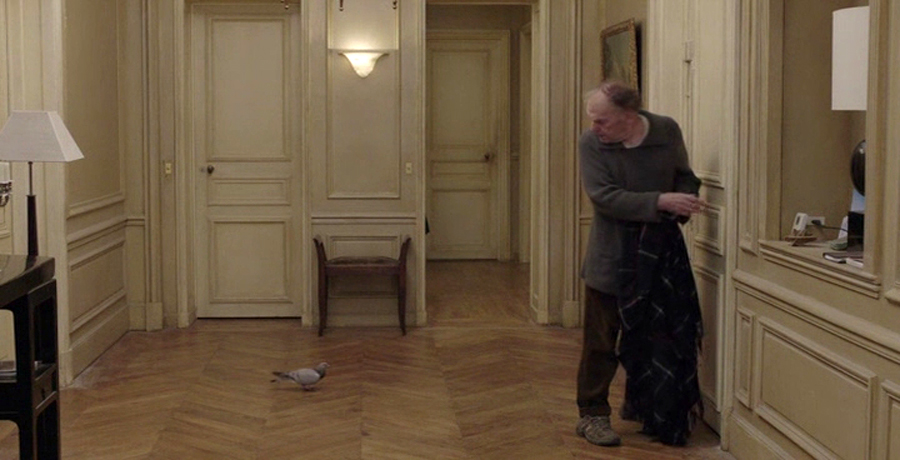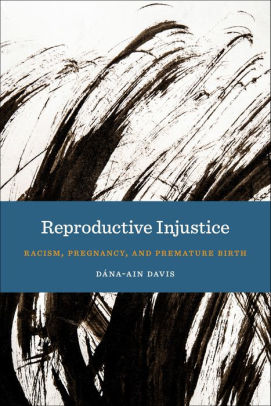IAS Thursdays | Diverse Returns? Race and Nativity Differentials in Computer Science's Gender Wage Gap
While the gender wage gap narrowed over the course of the 20th century, progress has largely stalled since the 1990s. One reason may be women’s underrepresentation in well-remunerated, in-demand occupations such as computer science--a field where women’s representation has actually decreased over time. One possible explanation for that trend? The wage gap. Sharon Sassler, Professor of Policy Analysis and Management at Cornell University, will examine three key factors in this persistent gap: gender, race/ethnicity, and nativity.







